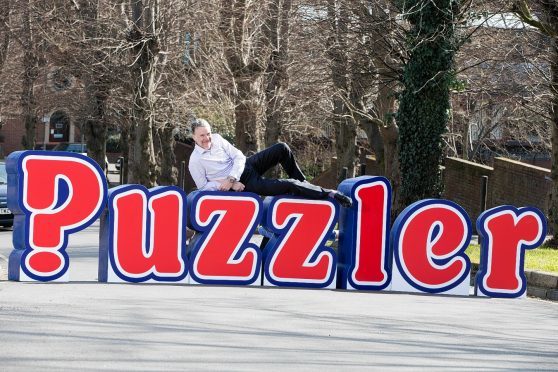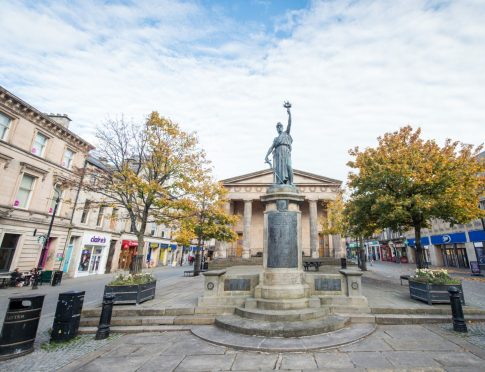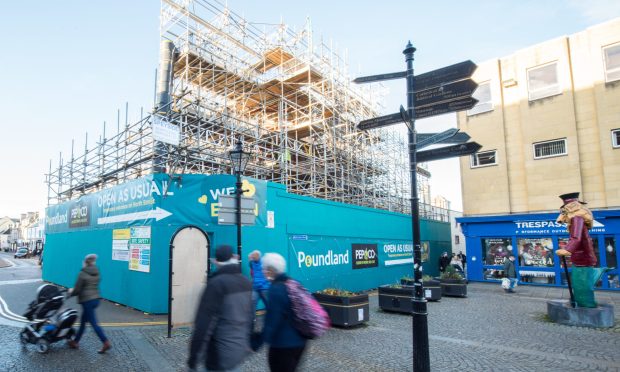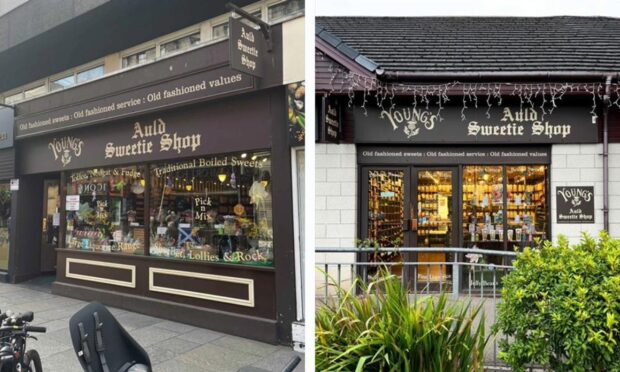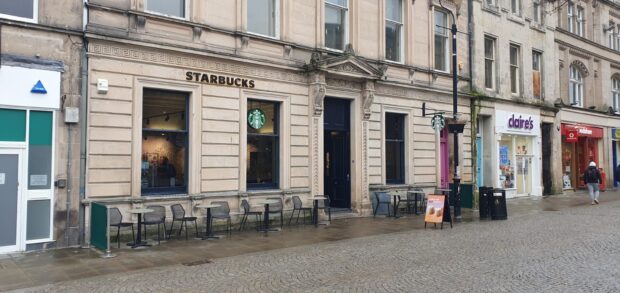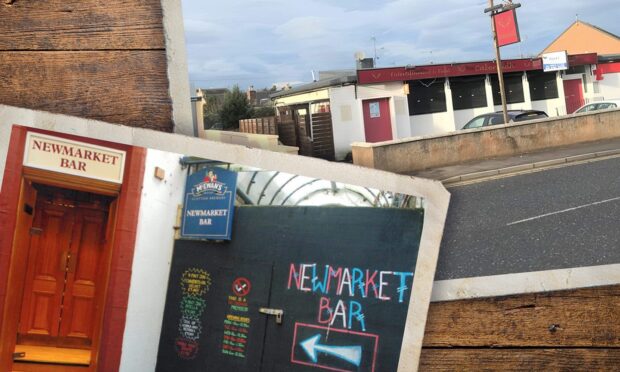The trend for adults to entertain and soothe themselves with colouring-in books has boosted sales at DC Thomson’s puzzle publishing division.
Puzzler Media said it is outperforming the magazine market in terms of newsstand sales thanks to a generation of colouring-in and dot-to-dot enthusiasts rediscovering their childhood pastimes.
The firm said its newsstand revenues are up 2% year-on-year, compared to declining sales in the UK magazine market of around 4.5%, with profits increasing by 30% over the past four years,
Neil Flockhart, Puzzler Media managing director, said: “Print has obviously been hit hard in the digital era as more people switch to mobile devices for content, but we’ve found that people who puzzle still love using pen and paper so we’ve been able to weather the storm a lot better than other magazine sectors.
“We have created some really successful puzzle apps in the digital space but print is still where the vast majority of our revenue is generated. We have also had to adapt though – ten years ago if someone told you that adult colouring in books would be a major revenue stream, you may have laughed. Likewise, who would’ve thought the Candy Crush phenomenon would be reversed out of technology and put into print format?”
Last month Puzzler brought the Candy Crush app craze to print. It was granted an exclusive license to bring one of the most downloaded app games of all time to magazine form.
The NYSE-listed King Digital Entertainment awarded Puzzler the license to produce a 64-page monthly print edition of its coveted Candy Crush Saga franchise, which has been one of King’s most popular games since its launch in 2012.
Puzzler Media, which introduced the first Sudoku magazine to the UK in 2005, is the market leader in the country’s £50million puzzle market where three quarters of the population are estimated to do some sort of puzzle every week.
The news comes as the firm unveiled a new look for the company’s branding.
Mr Flockhart said: “Puzzler essentially defined the puzzle magazine category in the UK but we’re now in our fifth decade and I certainly don’t wear my 70s gear anymore so we decided it was time to spruce up the brand and get with the times.”
It is thought that over 12 million Brits a week attempt a crossword in addition to the host of newer puzzle categories which Puzzler Media has been at the forefront of, including having the UK’s only magazine dedicated to the Japanese logic puzzle Suguru.
In addition to being the UK’s largest puzzle magazine publisher, Puzzler Media provides bespoke print and digital content to newspapers and magazines, and interactive games to the online, mobile and TV markets.
Puzzler’s owner DC Thomson also owns the Press and Journal.
